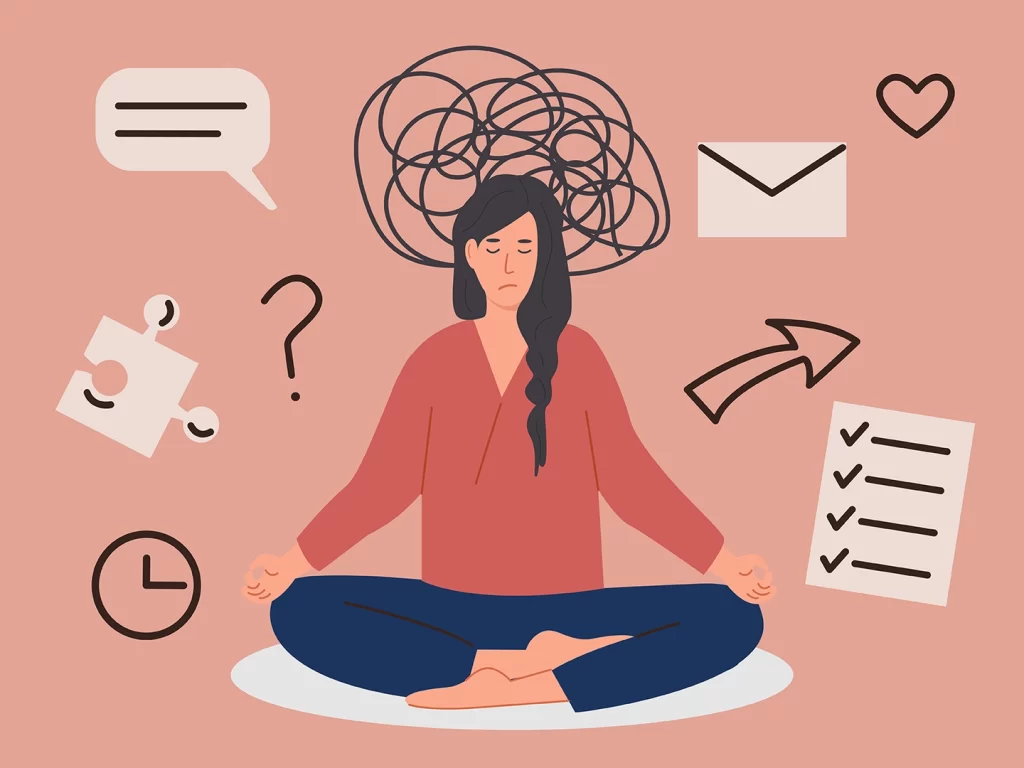Attention-deficit/hyperactivity disorder (ADHD) is a neurodevelopmental disorder that affects millions of people, and it is characterized by symptoms such as inattention, hyperactivity, and impulsivity. While there is no cure for ADHD, various treatment options, including medications, therapy, and lifestyle changes, can help manage symptoms. In recent years, researchers have been exploring the potential benefits of using zinc and iron supplements to help with ADHD symptoms.
Zinc and Iron are essential minerals that are required for proper body function, including brain function. Zinc is essential for neurotransmitter synthesis and proper brain function, while iron is essential for oxygen transport to the brain. Here are some ways in which Zinc and Iron may help with ADHD:
- Zinc: Zinc has been shown to play a key role in cognitive function and attention. Studies have suggested that children with ADHD may have lower levels of zinc in their blood, and that supplementing with zinc may help improve symptoms. One study found that children with ADHD who took zinc supplements for 12 weeks had significant improvements in hyperactivity, impulsivity, and socialization.
- Iron: Iron is essential for proper brain function, and studies have shown that children with ADHD may have lower levels of iron in their blood. Supplementing with iron may help improve symptoms such as inattention, impulsivity, and hyperactivity. One study found that children with ADHD who took iron supplements for 12 weeks had significant improvements in cognitive function and attention.
While zinc and iron supplements may help improve symptoms of ADHD, it is important to note that these minerals should not be taken in excess. Taking too much zinc or iron can have negative health effects, such as digestive upset, nausea, and vomiting. It is important to talk to your doctor before starting any supplement regimen to determine the appropriate dosage and ensure that it is safe for you.
Additionally, it is important to note that while these supplements may be beneficial for some people with ADHD, they should not replace other treatments such as medication, therapy, or lifestyle changes. A comprehensive treatment plan that addresses all aspects of ADHD is generally the most effective approach. If you or a loved one has ADHD, it is important to work with a qualified healthcare professional to develop a treatment plan that is tailored to your individual needs.


